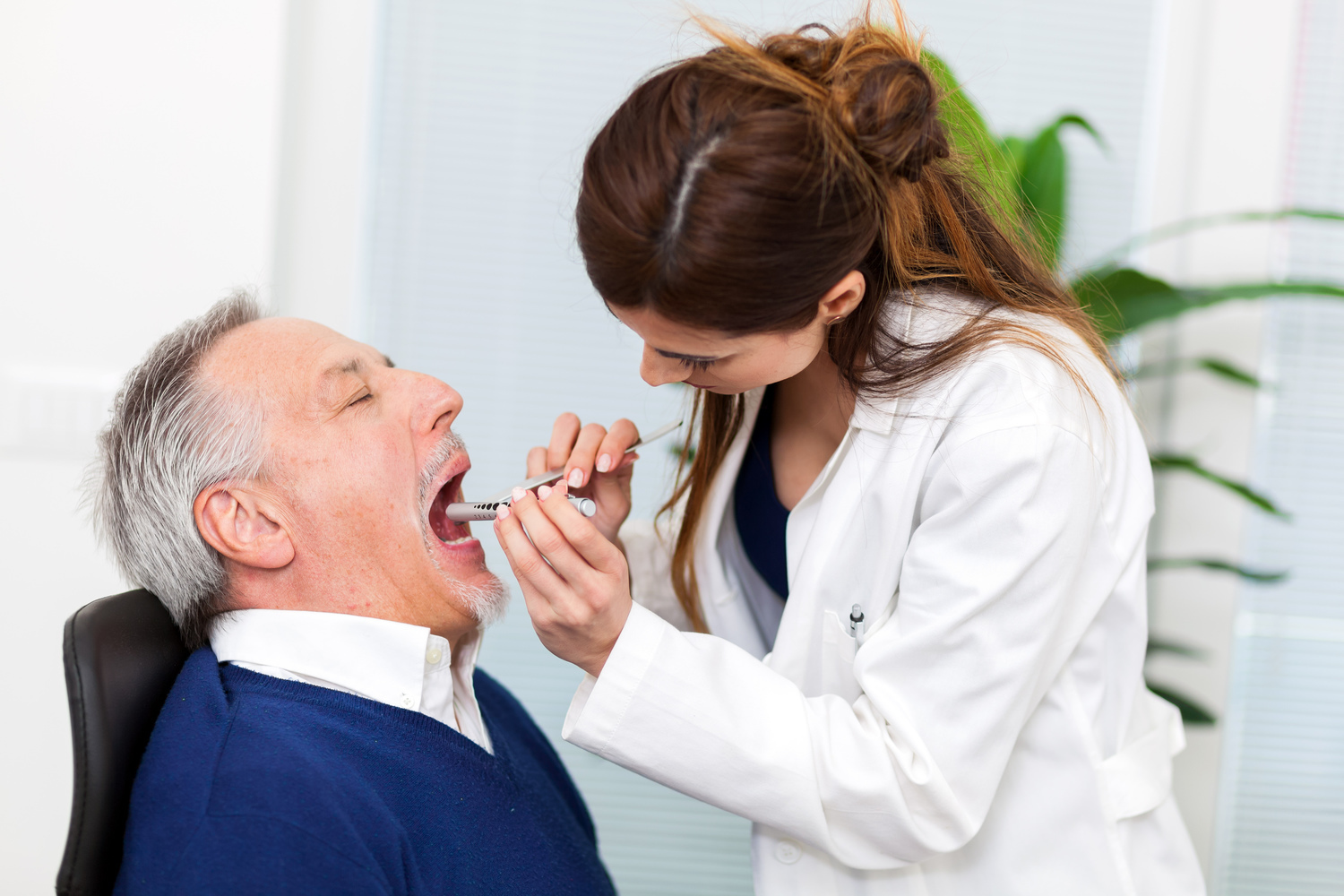Understanding Common Causes and Treatment Options for Bladder Cancer
This article explores the primary causes of bladder cancer, including smoking and chemical exposure, and discusses common treatment strategies like surgery, chemotherapy, and radiation therapy. Understanding these options can aid in early detection and effective management of the disease, emphasizing the importance of professional medical consultation for personalized care.

Understanding Common Causes and Treatment Options for Bladder Cancer
Bladder cancer originates in the lining cells of the bladder. Uncontrolled growth of abnormal cells in the bladder lining can lead to cancer, which may then invade surrounding tissues and spread if untreated. Recognizing the causes and available treatments is essential for timely management.
Common Causes of Bladder Cancer
Tobacco smoking and use of other tobacco products
Diet rich in fats
Inadequate fluid intake
Family history of the disease
Exposure to hazardous chemicals at work
Treatment Approaches for Bladder Cancer
Treatment choices depend on the cancer’s stage and grade, as well as patient health and preferences.
Surgical Intervention: Surgery is often necessary to remove cancerous tissues, including procedures like transurethral resection, cystectomy, or urinary diversion, based on disease extent.
Chemotherapy: This treatment employs drugs to target and eliminate cancer cells. It can be administered as intravesical or systemic chemotherapy, depending on cancer severity.
Radiation Therapy: Using X-ray beams, external radiation aims to destroy cancer cells, often combined with chemotherapy. It helps alleviate symptoms like pain, bleeding, or obstructions, especially after procedures like TURBT.
Note: Radiation is typically adjunctive rather than primary treatment, aimed at symptom relief and eliminating residual cancer cells.
Important Reminder:
The information shared here about symptoms, therapies, and health conditions is for educational purposes only. It should not replace professional medical advice. Always consult licensed healthcare providers for diagnosis and treatment decisions.










